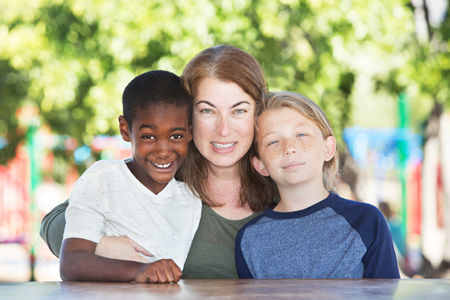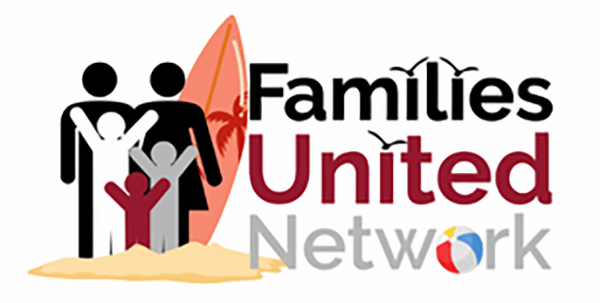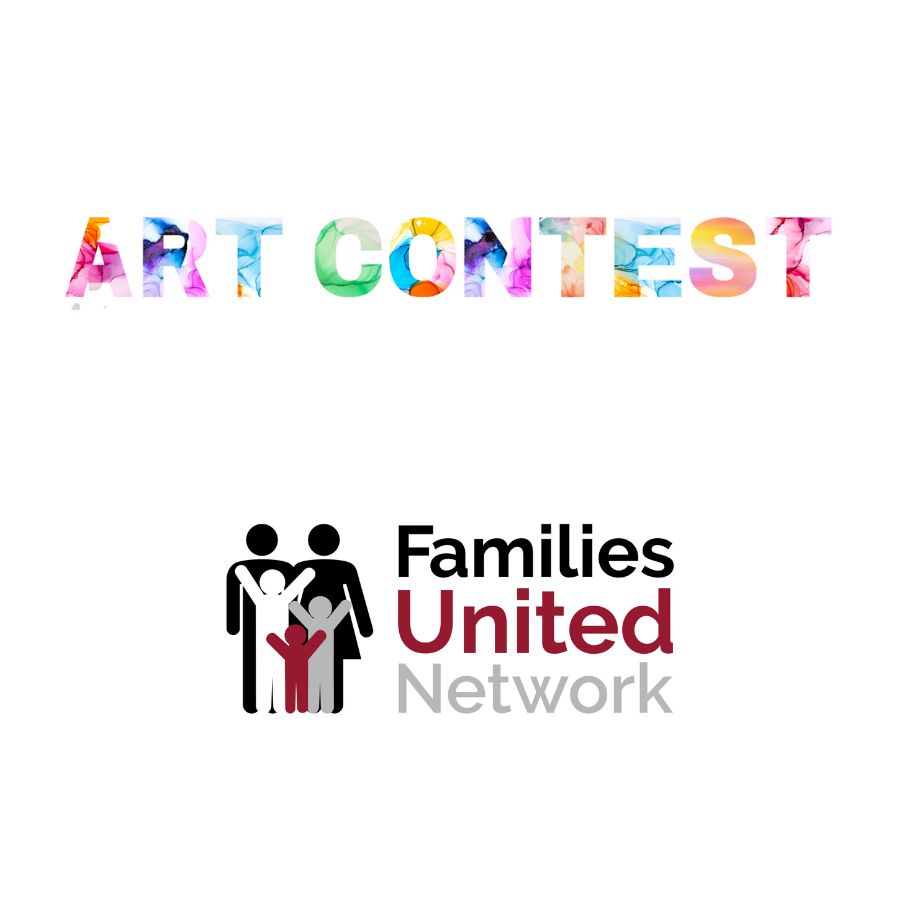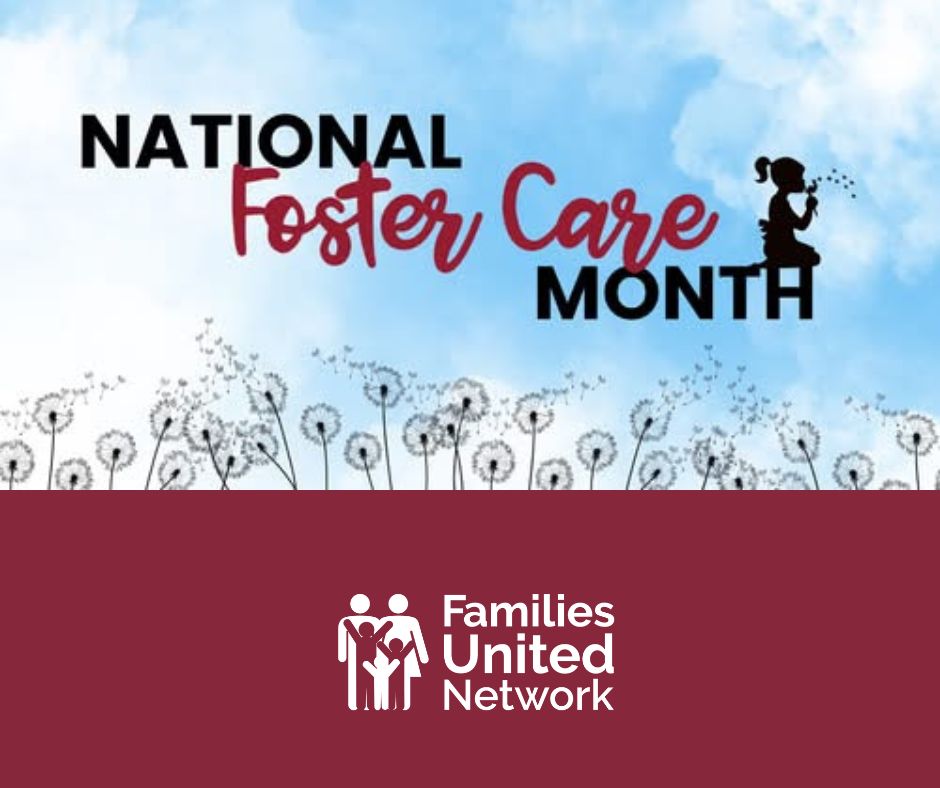Frequently Asked Questions
Who are the children that are available?
Families United Network is licensed to provide adoptive services to Pennsylvania’s foster children. Families can view waiting children on the Pennsylvania Adoption Exchange website: www.adoptpakids.org. Forever families are actively being recruited for these children. There are many more children in the foster care system who may be in need of an adoptive home. Often times, foster children are adopted by their foster families so fostering may be something you want to consider. 
What does legal risk mean?
When parental rights are not terminated, there is always a risk for a pre-adoptive family that the child may return to the biological parents. This type of placement would be considered a legal risk placement. Some counties will not terminate parental rights until a permanent resource family is identified for a child. A child who is legally free is one whose biological parents’ parental rights have been terminated so there is no possibility of reunification occurring.
How much does it cost?
It’s free! There are adoption subsidies available to families who adopt children from the foster care system. These can include a monthly adoption subsidy, a medical assistance card, and up to $2,000 in nonrecurring legal fees. The subsidy is based on the individual needs of the child and would be developed between the family and placing county agency. The Statewide Adoption and Permanency Network pays for the cost of an adoptive family profile, which can only be used to adopt a Pennsylvania foster child.
Do I have to provide foster care first?
No, it is completely your decision as to whether you would like to do foster care. However, fostering or providing respite care is encouraged to gain experience. Often times, placing county agencies will seek out experienced foster families as adoptive resources because of the evidence of their ability to parent foster children who have unique special needs due to their past histories of abuse, neglect, and/or trauma. Families who provide foster care have the opportunity to learn more about their strengths and abilities without making a permanent commitment to a child
How will I be matched?
First, you need to go through the approval process to become an approved resource family. Once you are licensed as an approved adoptive family, we can begin searching for children for you. You will be required to attend an Adoption Orientation training, and then you will be assigned a matching worker. That worker will meet with you in your home and talk with you about your strengths, abilities, and what type of children you think may be a good match for your family. The relationship between a family and their matching worker is very important. The matching worker needs to get to know the family very well to be able to do their very best to advocate for the family and make a successful match.
How long does it take to have a child placed in my home?
Unfortunately, there is no specific time frame for how long it may take to have a child placed. Most children available for adoption are older, and many have special needs. Families open and prepared to parent these children typically wait a shorter time than families that are looking for younger children with minimal special needs.
Matching a child and family is an extremely important process and one that is not taken lightly. The ultimate result of this process will create a lifelong permanent relationship. There are lots of great families with their own unique strengths. Not every great family is a great fit for every child and vice versa. It is important to assess a family’s strengths and needs, and understand how that will compare to the needs of the child being considered. Foster children have experienced tremendous loss. Each additional move within the foster care system is an added trauma. Professionals who are responsible for identifying a permanent home for a child need to be confident that the child is going to thrive in the prospective home

What factors are considered in selecting a family?
There are many factors that professionals consider when searching for an adoptive family for a child. Older children often have input in the types of families they would like to consider. They may be asked to describe the family composition they desire, such as single parent, two parents, siblings, etc., the living environment (urban, rural, suburban), and whether they would like pets. In some cases, the county worker may make these decisions for a child based on the child’s needs. For example, a county agency may feel a child needs a strong male figure, or they may benefit from a stay at home parent, due to the specific needs of the child. A county may also be seeking a family of a certain cultural or religious background to meet the child’s needs, or a family in a certain region of the state. Many workers will make it a point to note if a county is searching for specific traits in a family when recruiting for a child.
What can I do while I’m waiting to be matched?
You can continue to obtain training and education about special needs children. Particularly good training topics include attachment, grief and loss, how trauma effects the brain, and the effects of abuse and neglect on children. If you are interested in children with a particular diagnosis, you should educate yourself on that diagnosis. It would also be wise to learn about your community and the resources available to you that could support you in parenting a special needs child.
Providing respite or foster care is a great way to increase your chances of being matched. By doing so, you will gain experience in parenting special needs children and a better understanding of your own abilities and limitations.
You can attend matching events in your area, or across the state if you like to travel! Matching events are an opportunity for families to meet with professionals in an effort to facilitate adoptive placements. It is a great way to make a positive impression on a worker who has the responsibility for choosing a forever family for a child.
Related Articles & Events
Request Information
For more information, please email us at info@families4kids.org or click the button below to contact us.




